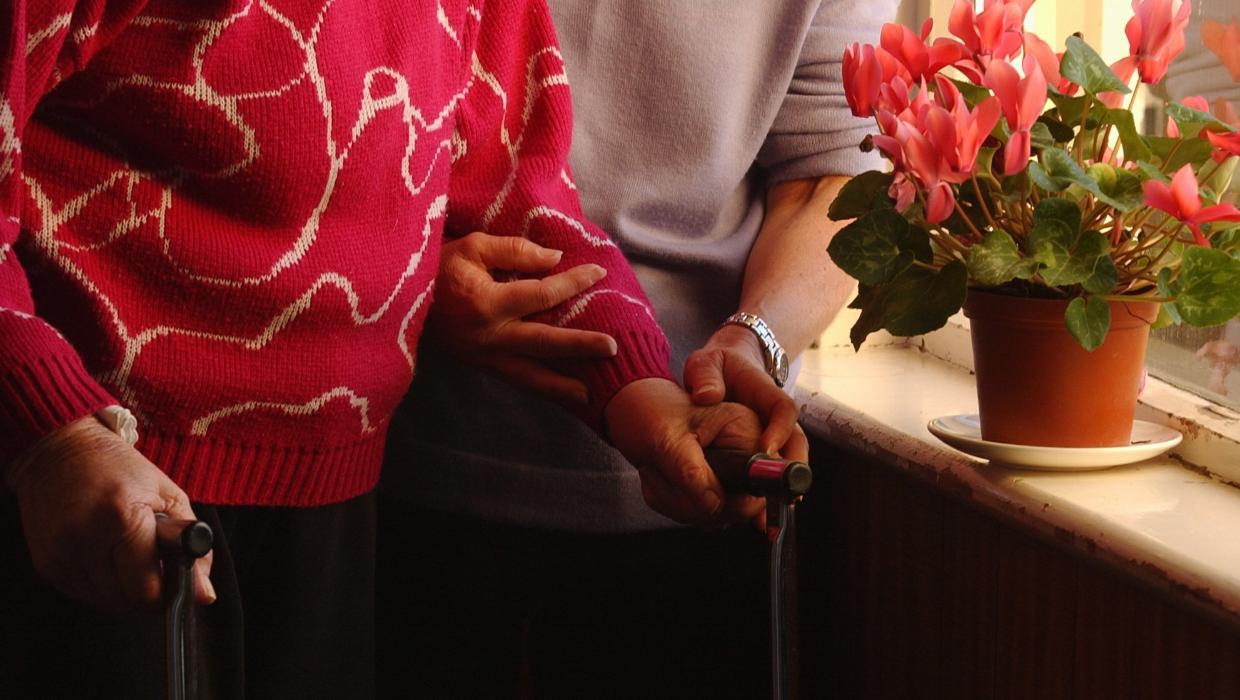Lifestyle
New Zealand Faces Alzheimer’s Crisis as Support Systems Struggle

New Zealand is at risk of being unprepared for a significant increase in Alzheimer’s patients, with estimates suggesting that the numbers could double in the coming years. Community-based organizations dedicated to supporting individuals with dementia and Alzheimer’s are reporting severe funding shortages and a lack of resources to meet the growing demand.
The Mental Health Foundation of New Zealand has raised concerns about the current state of dementia care in the country. According to their recent report, many organizations are “woefully underfunded and under-resourced,” highlighting the urgent need for government intervention and increased financial support. These organizations play a critical role in providing essential services, including counseling, education, and community engagement opportunities.
Growing Demand for Services
Statistics indicate that approximately 70,000 New Zealanders currently live with dementia, a number projected to rise to over 150,000 by 2050. This dramatic increase underscores the necessity for robust support systems. Without adequate funding, many community-based initiatives may struggle to maintain their operations, leaving vulnerable populations with limited access to care.
Support organizations have expressed that their existing programs are already stretched thin. The demand for services has increased significantly, yet funding has not kept pace. This imbalance threatens not only the sustainability of these vital services but also the quality of care provided to individuals living with dementia.
Calls for Increased Funding
Advocates are urging the New Zealand government to take immediate action to address these funding shortfalls. They argue that investing in community-based support systems is essential to ensure that families affected by Alzheimer’s receive the necessary assistance. The Mental Health Foundation emphasizes that early intervention and support can significantly improve the quality of life for those impacted by dementia.
In response to these concerns, government officials have acknowledged the need for enhanced funding. Health Minister Ayesha Verrall stated, “We recognize the challenges faced by these organizations and are committed to finding ways to support them better.” This acknowledgment is a step in the right direction, yet many believe that more decisive action is needed to avert a potential crisis.
As New Zealand grapples with the implications of an aging population and increasing Alzheimer’s rates, the focus must shift toward sustainable solutions. The government’s role in ensuring adequate funding and resources is crucial for the future well-being of countless individuals and families affected by dementia.
With the right support, New Zealand can build a more resilient framework for dementia care that not only meets current needs but also prepares for the future.
-

 Sports2 months ago
Sports2 months agoNetball New Zealand Stands Down Dame Noeline Taurua for Series
-

 Entertainment2 months ago
Entertainment2 months agoTributes Pour In for Lachlan Rofe, Reality Star, Dead at 47
-

 Entertainment4 weeks ago
Entertainment4 weeks agoNew ‘Maverick’ Chaser Joins Beat the Chasers Season Finale
-

 Sports7 days ago
Sports7 days agoEli Katoa Rushed to Hospital After Sideline Incident During Match
-

 Sports2 months ago
Sports2 months agoSilver Ferns Legend Laura Langman Criticizes Team’s Attitude
-

 Politics1 month ago
Politics1 month agoNetball NZ Calls for Respect Amid Dame Taurua’s Standoff
-

 Entertainment2 months ago
Entertainment2 months agoKhloe Kardashian Embraces Innovative Stem Cell Therapy in Mexico
-

 Sports4 days ago
Sports4 days agoJamie Melham Triumphs Over Husband Ben in Melbourne Cup Victory
-

 World3 months ago
World3 months agoPolice Arrest Multiple Individuals During Funeral for Zain Taikato-Fox
-

 Sports3 months ago
Sports3 months agoGaël Monfils Set to Defend ASB Classic Title in January 2026
-

 Entertainment1 month ago
Entertainment1 month agoTyson Fury’s Daughter Venezuela Gets Engaged at Birthday Bash
-

 Sports1 month ago
Sports1 month agoHeather McMahan Steps Down as Ryder Cup Host After Controversy















